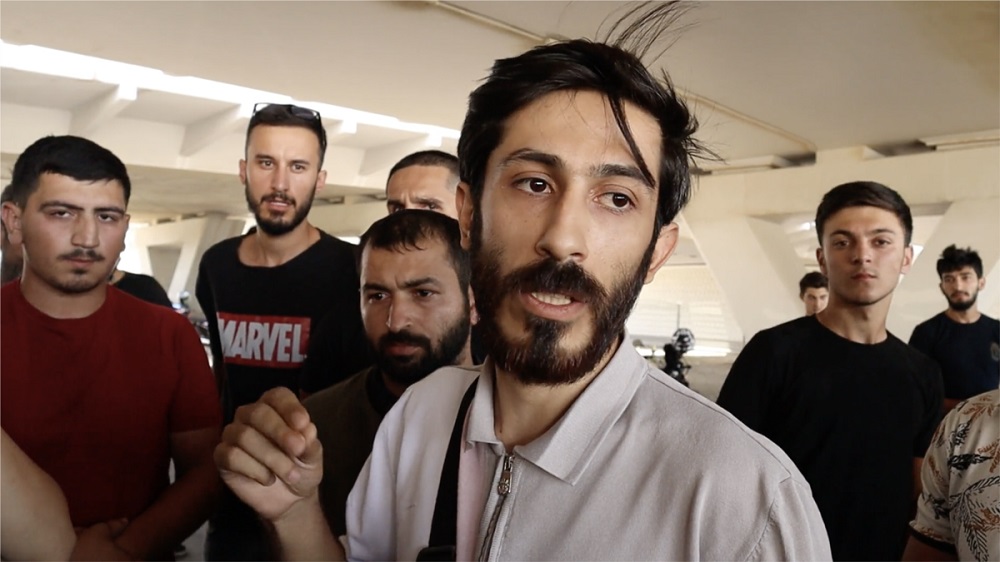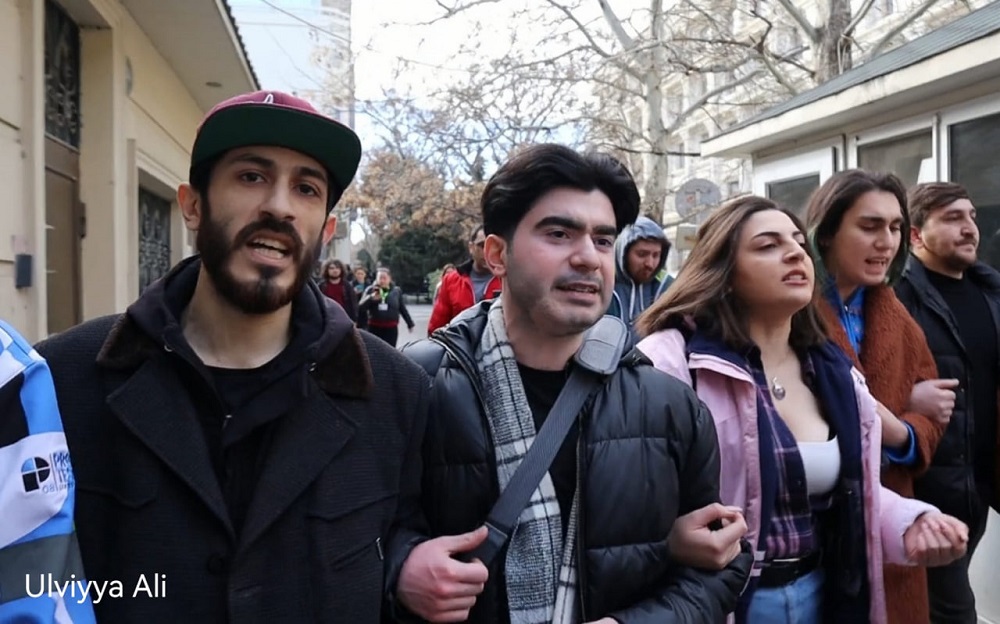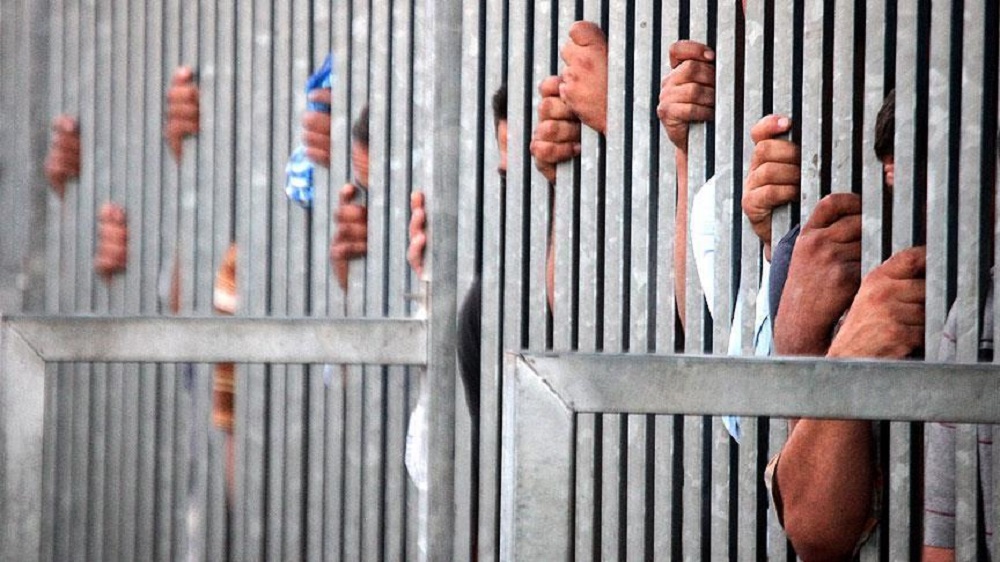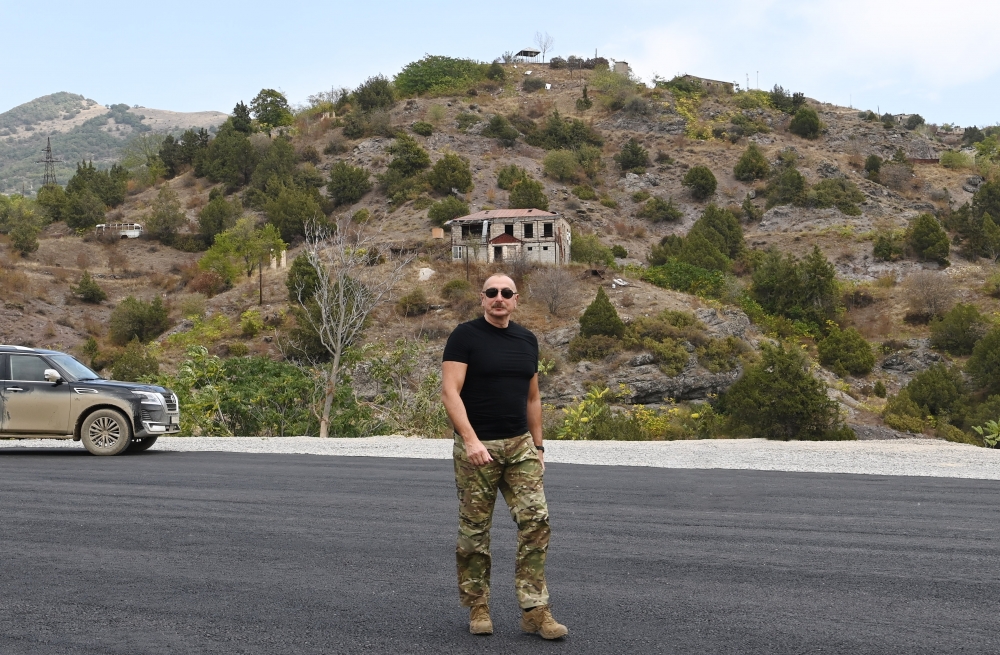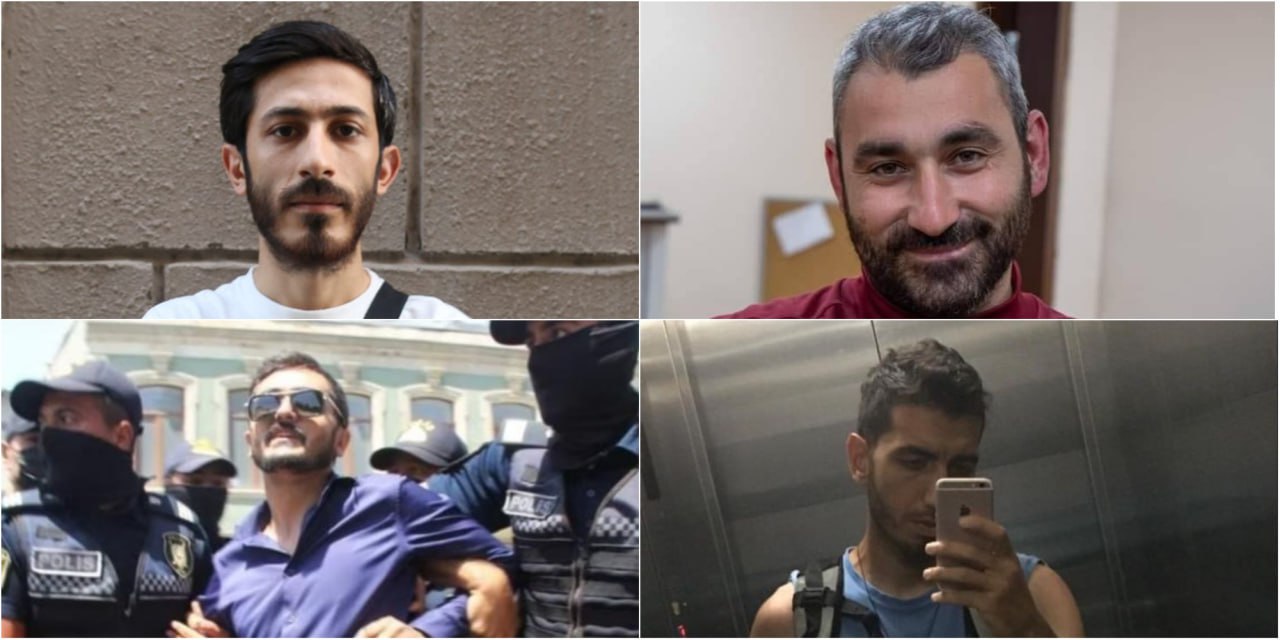Violation of prisoners’ rights to access media and information in Azerbaijani prisons – letter from prison
Violation of right to information in Azerbaijani prisons
Although the Constitution of the Republic of Azerbaijan guarantees citizens the right to receive, transmit, and disseminate information, these rights are violated in the country’s prisons.
Afiyyaddin Mammadov, the detained chair of the Labor Desk Trade Union Confederation, writes that in detention centers run by the Ministry of Internal Affairs and in penitentiary facilities under the Ministry of Justice, prisoners’ access to the media and information is restricted, censorship is applied, and laws are being violated.
Afiyyaddin Mammadov is an Azerbaijani civic activist known as the chair of the Labor Desk Trade Union Confederation. The organization was founded on 1 March 2022 to defend labor rights in Azerbaijan.
Mammadov actively participated in protest actions advocating for workers’ rights. He has been repeatedly subjected to administrative arrests, typically on charges of petty hooliganism and disobeying lawful police orders.
On 20 September 2023, Mammadov was arrested on criminal charges. He was accused under Articles 126.2.4 (intentional infliction of serious bodily harm with hooligan motives), 221.3 (hooliganism involving a weapon), and 228.4 (illegal possession of a weapon) of the Criminal Code. In April 2025, the Baku Court of Appeal upheld his eight-year prison sentence.
Conditions in Interior Ministry’s detention centres

Afiyyaddin Mammadov writes that in temporary detention centers under the Ministry of Internal Affairs, the only television channel allowed for viewing is “Khazar TV.”
“Why not the state channel AZTV or Public Television, but specifically Khazar TV? The televisions in the cells are controlled by a centralized system monitored by the facility’s administration. In other words, the duty staff decide which channel we can watch and when. When prisoners ask to switch the channel, they are told: ‘All the inmates want to watch Khazar TV.’”
Moreover, he notes that due to the inability to communicate with other detainees beyond those in the same cell, it is impossible to verify whether this claim is true.
Problems in penitentiary institutions
Furthermore, the Trade Union Confederation chair notes that while the situation in prisons under the Ministry of Justice differs, it remains problematic.
“In Baku’s Pre-Trial Detention Centre No. 1, inmates can pay 10 manats a month to access the ‘ATV+’ network and watch foreign TV channels. However, in Penitentiary Complex No. 3 ‘Umbaku’, this option does not exist. In the closed-regime section of the complex, television is not provided at all. In the investigative wing, along with local channels, Iranian and Georgian channels — which do not have broadcasting rights in Azerbaijan — are aired via antennas. Why inmates are allowed to watch them is unclear.”
What’s more, Mammadov stresses that, according to the decision of the Audiovisual Council, the production, distribution, and broadcast of erotic content are prohibited. Nevertheless, Russian channels on the ATV+ network, as well as Georgian channels, broadcast erotic content without censorship.
Access to print media
Furthermore, Afiyyaddin Mammadov also writes that prisoners’ access to newspapers and magazines is limited.
“Since there is television, the state does not provide inmates with newspapers or magazines. In facilities under the Ministry of Internal Affairs, there is no access to print media at all. In prisons, only a few newspapers with crosswords are available for purchase.”
Proposals for legislative change
Afiyyaddin Mammadov calls for legislative changes to ensure prisoners’ right to access information. He urges that inmates be granted internet access, as is the case in Georgia and some Western countries. Mammadov urges that the sale of all newspapers and magazines be permitted. This would help improve prisoners’ psychological well-being, reduce their isolation from society, and ease their reintegration after release, he suggests.
Violation of right to information in Azerbaijani prisons










